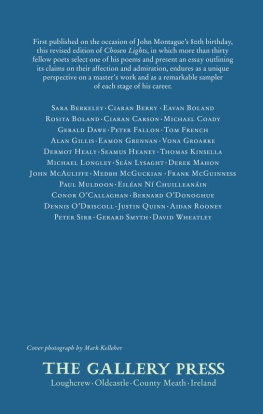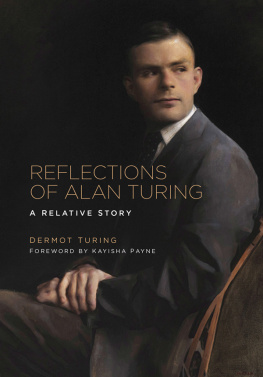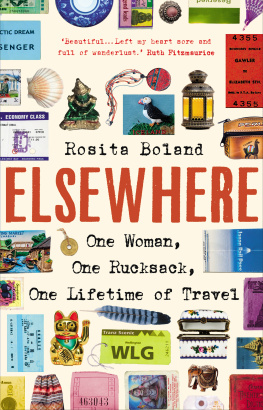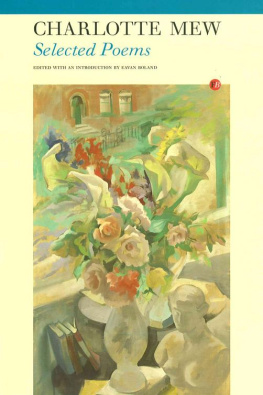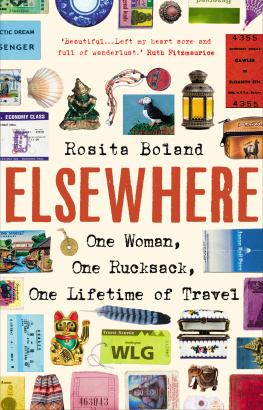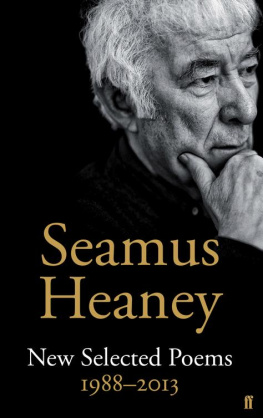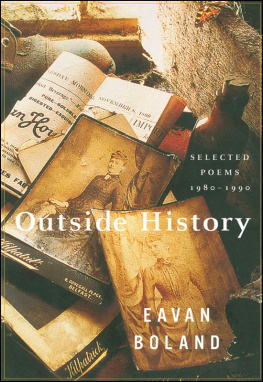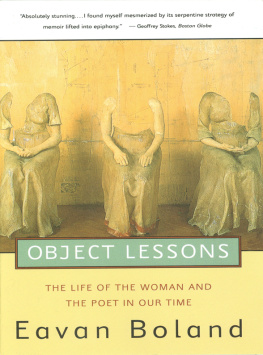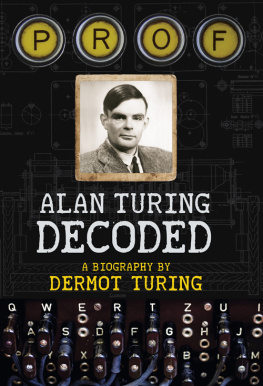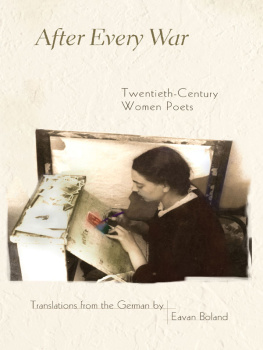Twice daily I carried water from the spring,
Morning before leaving for school, and evening;
Balanced as a fulcrum between two buckets.
A bramble-rough path ran to the river
Where you stepped carefully across slime-topped stones,
With corners abraded as bleakly white as bones.
At the widening pool (for washing and cattle)
Minute fish flickered as you dipped,
Circling to fill, with rust-tinged water.
The second or enamel bucket was for spring water
Which, after racing through a rushy meadow,
Came bubbling in a broken drain-pipe,
Corroded wafer thin with rust.
It ran so pure and cold, it fell
Like manacles of ice on the wrists.
You stood until the bucket brimmed
Inhaling the musty smell of unpicked berries,
That heavy greenness fostered by water.
Recovering the scene, I had hoped to stylize it,
Like the portrait of an Egyptian water carrier:
But pause, entranced by slight but memoried life.
I sometimes come to take the water there,
Not as return or refuge, but some pure thing,
Some living source, half-imagined and half-real,
Pulses in the fictive water that I feel.
Poisoned Lands (1961)
Yves Bonnefoys sequence La maison natale begins with the statement: Je mveillai, ctait la maison natale, and in the following sections he repeats this moment of waking in the house where he was born. We keep returning to childhood for our various reasons psychoanalysis, art, public justification, nostalgia. It is both a source and resource. It is protean in that it changes its demeanour, shading and outlines each time we go back to it. We make it say what we want it to say, not what it would tell us, on each occasion. As a subject for poetry it is particularly treacherous, because when we return to it we are more likely to encounter Wordsworth than our younger selves, a stylized view of early events, rather than the events themselves. Poetic structures can sometimes seem too willingly to hand, the epiphanies prefabricated and suspect.
John Montagues The Water Carrier is a report from the poets rural childhood, from pre-industrial Ireland, a country without running water, television and electricity, a country which imposed daily rhythms and natural encounters that are rare today. It would seem to guarantee some kind of authenticity (that is, if one finds the present somehow inauthentic ). What is engaging about the poem is that it refuses hackneyed consolations; that it insists that the water, and indeed the whole experience, is fictive, and, with the final image of water running through the childs hands, that it is also ungraspable, unusable. Granted, the halfs of the penultimate line are straight out of Wordsworth, and some of the other diction suggests authenticity, but phrases like pure thing and living source are curiously vacant of meaning, and all we are left with at the poems end is the poet uncertain as to how such experience might be slotted into larger structures (perhaps structures of autobiography and the nation, as evidenced in Montagues other work). The speaker might indeed physically feel the water at the end, but he also tells us that this immediate sense experience is not true: it is invented, created, fabricated, fictive. As that last word sends beautiful suggestions rippling outwards through the stylized scene (for he has stylized the scene, despite his assertion to the contrary), we can observe other freedoms as they offer themselves to the poet. It is an exhilarating moment.
Like dolmens round my childhood, the old people.
Jamie MacCrystal sang to himself,
A broken song without tune, without words;
He tipped me a penny every pension day,
Fed kindly crusts to winter birds.
When he died, his cottage was robbed,
Mattress and money-box torn and searched.
Only the corpse they didnt disturb.
Maggie Owens was surrounded by animals,
A mongrel bitch and shivering pups,
Even in her bedroom a she-goat cried.
She was a well of gossip defile,
Fanged chronicler of a whole countryside;
Reputed a witch, all I could find
Was her lonely need to deride.

